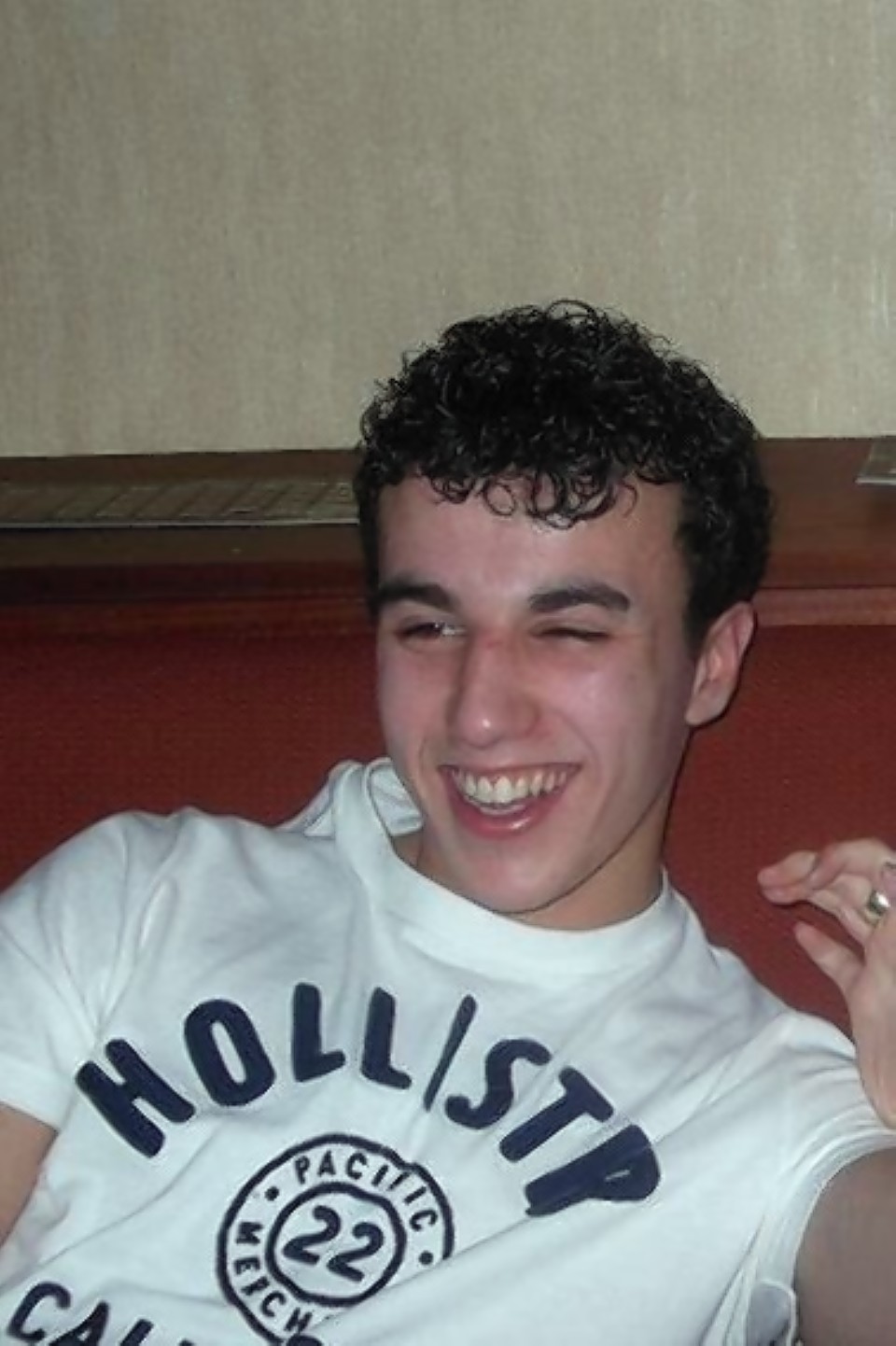A jilted stalker has been spared detention and been given a lengthy community service order for targeting his former girlfriend in the north-east.
Nawful Moursil, 19, appeared at Peterhead Sheriff Court yesterday for sentence after harassing the 16-year-old girl from April 2013 to May this year.
He did not stop his campaign, which included numerous social media messages and telephone calls to her home, near Mintlaw, despite a court order imposed in March this year which had banned him from contacting or approaching his victim.
In one exchange, Moursil, described as being in YOI Polmont in court papers, told her that he would kill himself. In another, he had admitted to attacking the girl during an argument outside a Chinese takeaway in Mintlaw.
Yesterday, in court, Sheriff Andrew Miller explained to Moursil that his actions amounted to a “very concerning course of conduct.”
Having received a report from the criminal justice social work service on Moursil, the sheriff added there was “little evidence to suggest you present any risk of serious harm in the future,” but said there were suggestions that he needed to engage and address the issues which led to him being in the dock.
Sentencing him, the sheriff explained that it was appropriate to look at a different kind of punishment to keep the 19-year-old, who had no previous convictions, from being locked up.
Moursil was instead given a 210 hour community payback order and a five year non-harassment order. He was told that he would have been sentenced to 280 hours of unpaid work had it not been for his early plea of guilty.
Sheriff Miller, who was told the girl does not wish to have any contact with him, said the non-harassment order, which prevents the guilty party from following, approaching, contacting or communicating with the young woman in any way, should not have any impact on his activities.
Moursil will have 12 months to complete the community payback order and will also spend the next two years with an offender supervision requirement, which will help and support him in identifying and addressing the causes of his behaviour.
